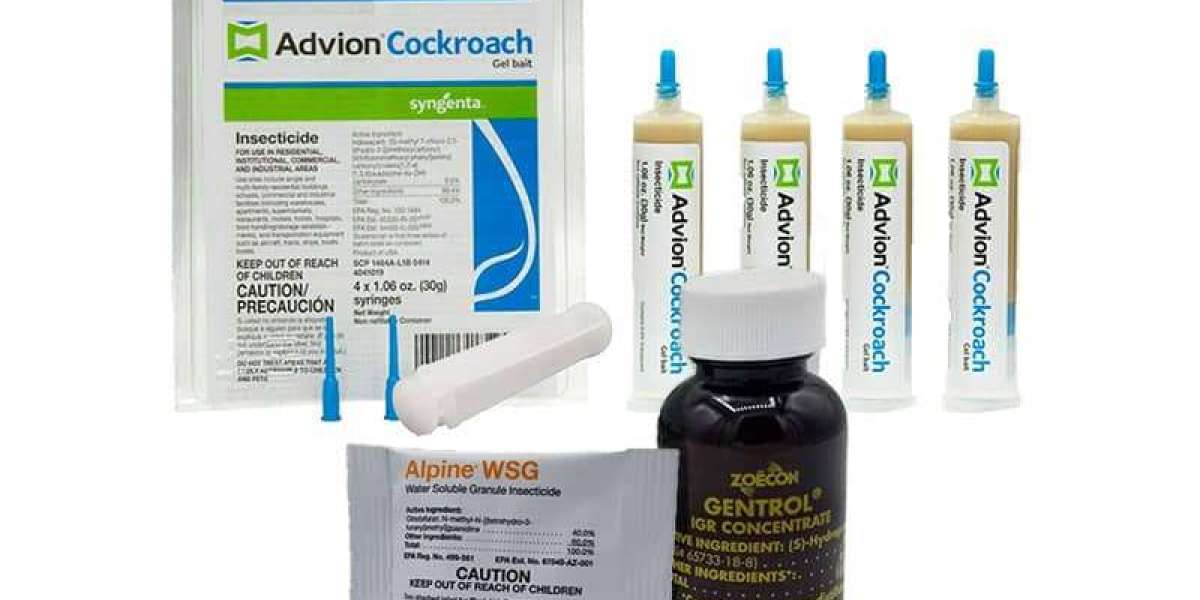For anyone dealing with acid reflux, diet changes are often the first line of defense. That burning sensation in your chest after a meal isn’t just uncomfortable—it can also damage your esophagus over time. One food group that often causes confusion for reflux sufferers is nuts. On one hand, nuts are full of healthy fats, fiber, and plant-based protein. On the other hand, they're high in fat, and fat is known to trigger reflux in some people.
So, what’s the real story here? Are nuts helpful, harmful, or somewhere in between when it comes to managing acid reflux?
Let’s unpack it.
Why Fat Content Matters
Fat is a known trigger for acid reflux. It slows down the emptying of the stomach, which increases pressure and makes it easier for acid to escape back into the esophagus. Since many nuts are naturally high in fat—especially macadamia nuts, pecans, and walnuts—some people assume that all nuts should be avoided if you have GERD or heartburn.
But that’s not necessarily true.
There’s a difference between healthy unsaturated fats and the heavier, greasy fats found in fried foods or fatty meats. Nuts contain good fats that can actually help reduce inflammation, improve gut health, and support overall digestion.
The trick is knowing which nuts work best—and how much is too much.
Nuts That Are Typically Better for Acid Reflux
Some nuts are easier on the digestive system than others. Almonds, for example, are often considered reflux-friendly. They’re relatively low in fat compared to other nuts and are packed with calcium, which can help buffer stomach acid.
Cashews and pistachios are also generally well-tolerated by many people with acid reflux, especially when eaten in small portions. These nuts offer a satisfying crunch and a boost of protein without causing too much digestive upset.
That said, portion size matters. Even reflux-friendly nuts can cause problems if you eat a large handful at once. Aim for a small serving—about 10 to 15 nuts—and avoid eating them too close to bedtime.
Nuts to Be Cautious With
Some nuts are more likely to cause problems for people with GERD. Walnuts, while healthy in many ways, are quite high in fat. The same goes for macadamia nuts and pecans. They’re delicious but can be heavy on the stomach, especially for those who are sensitive to high-fat foods.
Peanuts also fall into a bit of a gray area. Technically, peanuts are legumes, not true nuts. But they’re often grouped in with nuts for dietary purposes. Some people find that peanuts trigger heartburn, especially if they’re salted, roasted with added oils, or eaten in the form of peanut butter.
If you want a more detailed breakdown of which nuts are reflux-friendly and which ones to avoid, there’s an excellent guide on Healthusias.com about the best nuts for acid reflux. It covers each nut in more depth and includes tips for how to enjoy them without triggering symptoms.
Tips for Eating Nuts Without the Burn
If you love nuts but struggle with reflux, don’t worry—you don’t have to give them up completely. Here are a few practical tips:
Eat raw or dry-roasted nuts rather than oil-roasted or salted varieties. Added oils and sodium can irritate your stomach lining.
Stick to small portions. A handful is plenty. Eating too many nuts at once increases the fat load and can make reflux worse.
Don’t eat nuts right before bed. Give your stomach at least 2 to 3 hours to digest before lying down.
Pair nuts with low-acid foods like oatmeal or non-citrus fruits to reduce the likelihood of a flare-up.
Bottom Line
Nuts can be part of a healthy, acid reflux-friendly diet—as long as you choose the right types and eat them in moderation. While some nuts are more likely to cause discomfort, others, like almonds and pistachios, can offer nutritional benefits without aggravating your symptoms.
As with most things in nutrition, individual tolerance varies. Pay attention to how your body reacts and keep a food journal if necessary. If you’re still unsure which nuts are safe for you, check out the detailed guide on the best nuts for acid reflux for more personalized insight.
Listening to your body is key. Sometimes, it’s not about cutting out a food completely—it’s about finding the right balance.








